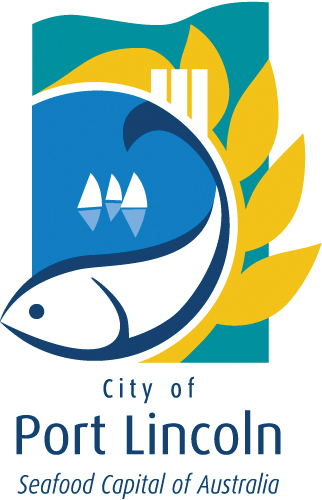City of Port Lincoln releases strategy to support ageing population
The City of Port Lincoln is taking proactive steps to support its ageing population by presenting the draft “Empowering our elders: A strategy for Living and Ageing Well in Port Lincoln” to the community for feedback.
Mayor Diana Mislov said, “The draft “Empowering our elders: A Strategy for Living and Ageing Well in Port Lincoln,” has been developed to begin defining and mapping Council’s role in empowering residents to live and age well.”
“As our population in Port Lincoln ages, as it is across South Australia and Australia as a whole, it is imperative that we respond to the evolving needs of our residents. As a Council, we realise the importance of living well throughout the ages and stages of life and are committed to advocating and supporting the community facilitate positive outcomes relative to ageing and living well.”
The development of the Empowering our elders Strategy was made possible through the “Empowering Our Elders Empowers Our Community” 12-month project, funded by a $40,000 Age Friendly SA Grant from the Office for Ageing Well, SA Health.
Mayor Mislov said, “Throughout the development and implementation of various council plans, including the Strategic Directions Plan, Southern Eyre Peninsula Regional Public Health Plan, Disability Access and Inclusion Plan, Reconciliation Action Plan and the Sport and Recreation Strategy, Council identified several issues impacting the local ageing population:
- Housing supply shortages affecting individuals across all age groups and demographics
- Challenges associated with digital literacy and digital poverty
- Accessibility and inclusion barriers in transportation.”
Addressing these concerns, the Adelaide-based consultancy Healthy Environs engaged by Council, has analysed these trends, incorporated population and demographic data, and conducted an initial targeted consultation process with community members and stakeholders representing sectors from health and aged care, housing, and community services.
The findings from the research and consultations were compiled into a comprehensive Key Learnings Report which has informed the development of the Draft Empowering our elders Strategy.
“While Council cannot resolve all issues independently, this Empowering our elders Strategy identifies Council’s advocacy role and also lays the foundations for collaborative efforts with the community to achieve tangible outcomes. For instance, we aim to grow digital literacy programs at the Port Lincoln Library and explore opportunities for peer-to-peer skill exchange within these programs. Additionally, we intend to collaborate with community partners and the aged care and health sectors to facilitate an expo-style event showcasing the services, programs, and activities available for individuals aged 50 and over in Port Lincoln,” said Mayor Mislov.
The community is encouraged to review the Draft Empowering our elders Strategy and provide feedback through Council’s online Engagement Hub at yoursay.portlincoln.sa.gov.au or by picking up a hard copy submission form at the Council Administration Office or Port Lincoln Library. Submissions on the Draft Empowering our elders Strategy must be received by Council by 4pm on Thursday 11 April 2024.
- ENDS -
MEDIA CONTACT:
City of Port Lincoln Chief Executive Officer Eric Brown
Ph: 8621 2325 | Email: plcc@plcc.sa.gov.au
Background information:
The Australian Government’s Intergenerational Report 2023 (2023 Intergenerational Report | Treasury.gov.au) considered increased ageing and rising demand for care and support services as two of five major forces that will shape Australia and its economy over the next 40 years to 2063.
The report predicted the number of people aged 65 and over would more than double, and the number aged 85+ would more than triple in that time.
The landscape for ageing well has also been changing significantly, as the nation shifts from institutionalised aged care to supporting elders to live longer in their homes and community (as identified in the Aged Care Royal Commission Final Report: Summary).
